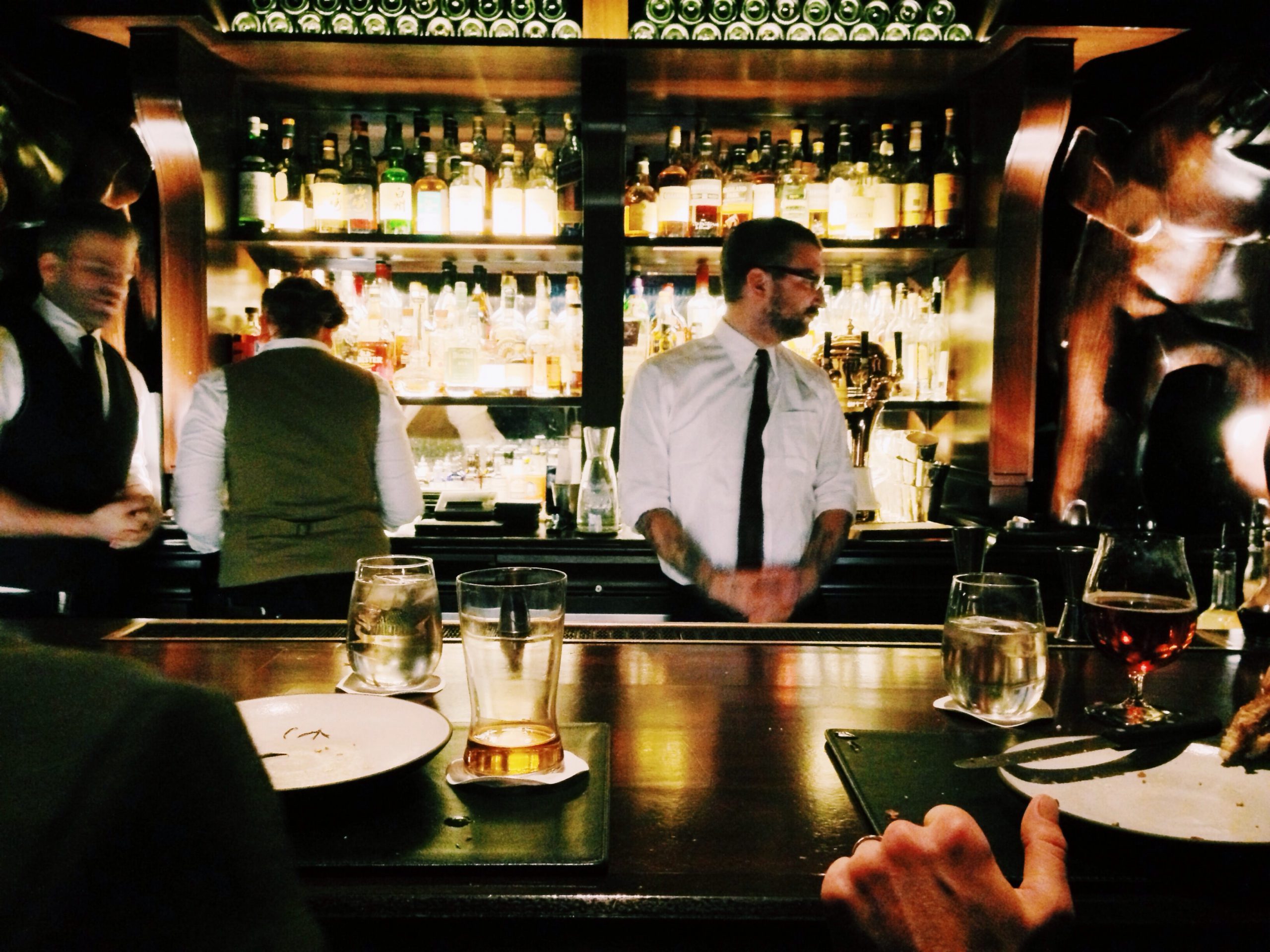Servers, Bartenders & Severance Pay
 " alt="Servers, Bartenders & Severance Pay">
" alt="Servers, Bartenders & Severance Pay">
Written on behalf of Peter McSherry
Many people employed in the service industry, such as servers, barbacks and bartenders receive a considerable portion of their pay in the form of gratuities. Often the question asked on a termination claim is whether this income described as “tips” should be included in a severance claim.
The answer to this question is a definite maybe.
Going back to the basic employment law issues, there are two possible claims an employee can make after a termination without cause. The first is for the statutory minimum payments. The second is a “common law” claim generally called a wrongful dismissal action.
Let’s look at each one individually as they are different, yet related claims.
The Employment Standards Act
This statute allows for termination pay of up to 8 weeks and up to 26 weeks of severance pay. The Act defines “wages” for this purpose. Generally speaking, the Act is very employee-oriented but, oddly enough, in the case of these payments, it defines “wages” as excluding “tips”.
The Common-Law Claim
The first question is whether there is a valid claim under the common law. Ontario law implies an obligation on the employer to provide fair notice of termination and in the absence of this, the waiter may claim expected income over this period of time. The notice period in this respect is quite generous and could be as much as 18 to 24 months for a long-standing employee.
This being said, many employers may require their wait staff to sign a contract that limits the termination claim to the statutory minimum sums. There is often a question of whether such a contract is binding but let’s leave this issue for another day as it is quite complicated. For our review today, let’s presume that this contract is binding. This means that the termination claim will be limited to the statute and hence will exclude tip income normally received. Any tips earned and unpaid to the date of termination must still be paid.
If there is no such contract, then the common law claim will include all income likely to be earned which will mean lost tips are counted. Often this may present other issues. Many servers receive tip compensation in cash and often their tax returns do not match the real world income received. There is no getting around this question should you face this conundrum. The answer is simple, which is to make peace with CRA and correct any past returns. Usually, the CRA will forgive penalties and interest. If you sue in this context and fail to atone for such sins, you will risk the wrath of the CRA, as every court award is public. In one case, the judge actually ordered that a copy of his decision be sent to the CRA. An annoyed employer may also notify the CRA.
Human Rights Remedies
Human rights claims often include a sum for lost income or for future lost income, as with common law claims. Generally speaking, any remedy by statute with the evident exception of the Employment Standards Act, will include all revenue.
Legal Advice Can be Critical
This is a tricky area of law. As noted, often the contract should be reviewed as a first step. It may not be enforceable. Get advice. Know your rights. Contact the offices of Guelph employment lawyer Peter McSherry. We can guide you through the issues and defend your position. Contact us online or by phone at 519-821-5465 to schedule a consultation.




